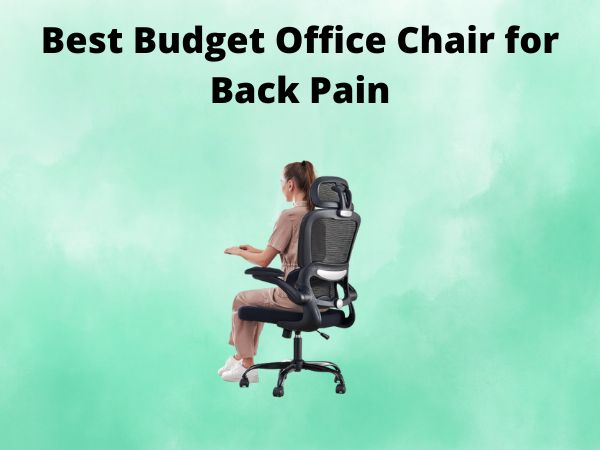Boondocking: Solar vs Generator [Which One Should You Use?]
When hitting the open road and stepping into the world of boondocking, one of the biggest questions you might face is: “Solar or generator?” It’s like trying to choose between a hardy mule and a trusty Jeep for your desert expedition. Both have their perks, but which will best power your adventure? Let’s dive into the nitty-gritty and explore your off-grid power options!
Table of Contents
What is Boondocking?
Boondocking, in its essence, is camping off-the-grid. Picture it as the minimalist’s approach to RV adventures — no hookups, no amenities, just you and the vast wilderness. Often taking place on public lands or remote areas, boondocking means you’re relying solely on what you’ve packed and what’s built into your vehicle.
Why Power Options Matter
While the allure of disconnecting is strong, modern comforts like a running refrigerator or charging your devices can make the experience significantly more enjoyable. That’s where choosing between solar power and a generator becomes crucial. It’s about finding that sweet spot where freedom meets functionality.
Understanding Solar Power
How Does Solar Power Work?
Solar power harnesses energy from the sun, transforming those radiant sunbeams into electricity through solar panels. This electricity can then power appliances, gadgets, and even charge RV batteries, making it an ambient lighting from above.
Pros of Solar Power
Solar panels are like plants in your garden — silent and efficient. Imagine no noise waking you up at dawn. Here are some key advantages:
- Environmentally Friendly: Harvesting sunlight leaves no carbon trail.
- Quiet Operation: No humming or buzzing, just the whisper of wind.
- Low Maintenance: Set them up, and let them work their magic.
Cons of Solar Power
But every rose has its thorns. Solar power isn’t without drawbacks:
- Weather Dependent: Cloudy days can shy away from offering enough juice.
- Initial Cost: Setting up solar can drain your pockets initially.
- Space Consideration: Need ample room for panels, akin to laying out a sunbathing mat.
Understanding Generators
How Do Generators Work?
Generators burn fuel — typically gasoline or propane — to create electricity. Think of them as the compact powerhouses roaring with life. They’re reliable, rain or shine.
Pros of Using a Generator
With generators, you get sturdy dependability:
- Power On-Demand: Whenever you need it, just fire it up.
- Weather Independence: Stormy skies? No problem!
- High Power Output: Handles heavier loads effortlessly.
Cons of Using a Generator
However, generators can be the noisy neighbors of your campsite:
- Noise Pollution: The constant hum can be less zen, more buzz.
- Environmental Concerns: Fuel-burning means emissions.
- Fuel Dependency: Regular refueling needed, a costly concern.
Comparing Solar and Generators
Cost Effectiveness
Initially, generators are cheaper—like buying a snack-sized candy bar versus a whole cake. But over time, the cost of fuel can stack up, making solar a more economical choice in the long run. It’s about playing the long game.
Environmental Impact
Solar is akin to giving Planet Earth a big tree-hug, while generators, despite their loyalty, inevitably puff out a bit of carbon cheer. Consider your carbon footprint when choosing your power source.
Reliability and Convenience
Generators deliver a consistent, immediate power fix; solar power requires a bit of patience and planning. It’s akin to deciding if you want fast-food convenience or slow-cooked perfection.
Making the Choice
Factors to Consider
Think of choosing your power source like picking a pet. What are your adventures like? Extended, secluded stays might favor solar, while frequent power hits suggest a generator.
Personal Preferences and Lifestyle
Your choice might boil down to lifestyle — do you crave the symphony of silence, or is the generator’s hum your campfire’s background score? Each option resonates differently with personal needs.
Conclusion
In the end, choosing between solar power and a generator for your boondocking adventures isn’t just a technical decision. It’s a reflection of how you wish to interact with nature and your desire for comfort versus the call of the wild. If you envision a quiet and eco-friendly retreat, solar might be your companion. If you require robust, unfailing power regardless of conditions, a generator could be your ally. Ultimately, no matter your choice, the road awaits with open arms.
FAQs
Is solar power better than using a generator for boondocking?
It depends on your preferences. Solar power is environmentally friendly and quiet, whereas generators offer more reliable power but with noise and emissions.
Can I use both solar and a generator when boondocking?
Absolutely! Many boondockers combine both to maximize efficiency and reliability, ensuring they always have backup power.
What’s more cost-effective in the long run, solar or a generator?
While generators may have a lower upfront cost, solar often proves more cost-effective over time due to the absence of fuel costs.
How do I maintain a solar power system?
Solar systems are generally low maintenance. Keep the panels clean to ensure they receive maximum sunlight and check connections regularly.
How noisy are generators compared to solar panels?
Generators can be quite noisy, similar to a lawnmower, whereas solar panels operate silently.



